INTRATREK Zimbabwe, founded by businessman Wicknell Chivayo, has filed a lawsuit at the High Court demanding $25 million from Zimbabwe Power Company (ZPC) in damages for alleged repudiation of a multi-million dollar contract for the construction of a solar plant.
According to the application case number HC8159 /2018 filed yesterday by Intratrek lawyers advocates Lewis Uriri and Thabani Mpofu, $15 million is for loss of profit, $5 million for costs of syndicating partnership with a Chinese partner (CHINT) and sourcing project finance from China Eximbank and another $5 million for reputational damage.
Intratrek said it was not averse to giving up the project given frustrations it suffered at the hands of ZPC, but that compensation amounting to $25 million would suffice for contract breaches by ZPC, as supported by evidence it submitted.
The claim follows a dispute that erupted between Intratrek and ZPC arising from an engineering, procurement and construction (EPC) contract signed between the parties for the construction of the Gwanda solar plant.
In or around 2013, the State Procurement Board (SPB), now Procurement Regulatory Authority of Zimbabwe (PRAZ), flighted a tender for construction of the 100MW photovoltaic solar power plant in Zimbabwe, which Intratrek submitted.
It was awarded the contract after a competitive bidding process in which a total of six companies participated. The contract for the Gwanda solar project was awarded to the lowest bidder to specification. The parties signed a $172 million EPC agreement for the construction of a 100 megawatts solar power station in Gwanda.
Intratrek Zimbabwe, which engaged billion dollar asset firm and Shanghai Stock Exchange listed ChINT Electric as technical partner, claims the actions of ZPC were unlawful and without merit. CHiNT is a $30 billion asset company with $12 billion annual revenue. It has developed over 5000MW solar plants.
ZPC claimed that Intratrek failed to satisfy the conditions precedent in time as contractually agreed by the parties. The State power utility then took the decision to cancel the multi-million dollar contract.
"Notwithstanding the open agreement between the parties, the applicant unjustly and prejudicially frustrated the respondent in satisfying the conditions precedent, thus rendering the applicant to have fictionally satisfied the suspensive conditions," Intratrek averred in its application to the High Court.
"The applicant (Intratrek) considers the EPC contract as still extant and enforceable and view the respondent's position as an excuse not to pay damages, which have become due and payable under the EPC contract," Intratrek stated in court papers.
It premised his claims for damages and contract validity on the assertion that ZPC's claims that the contract had expired at law because of the contractor's failure to fulfil its conditions precedent were wrong since it was the one that frustrated execution of works.
Commencement of the contract was subject to certain suspensive conditions (or conditions precedent) being satisfied within 24 months from the day of signing of the contract, which is October 23, 2015.
The conditions precedent included signing of financing agreements (loan agreements coming into force and financial closure being reached), receipt of an advance payment guarantee, completion of bankable feasibility studies and production of an environmental impact assessment certificate, among others.
Intratrek claims ZPC was responsible for causing delays to the implementation of the contract through its failure to obtain an environmental impact assessment certificate and legal charges it instituted against Chivayo alleging fraud and corruption in the execution of the Gwanda solar plant project, which stalled progress in the implementation of the project.
Intratrek also said it was surprising ZPC filed for fraud charges relating to a contract it had voluntarily entered into with a contractor. This was after ZPC had paid an initial $5 million for pre-commencement works without getting a bank guarantee. Notably, when the contract time for fulfillment of conditions precedent lapsed, ZPC reportedly purported to extend the period until April 2018 through a letter, which Intratrek claims was a legal nullity, as the agreement only allowed for contract variation through an addendum or amendment by both parties.
Intratrek challenged ZPC to provide documented evidence to prove that it had officially communicated the position regarding the expiry or lapse of the contract or time if it ever raised the matter. Nonetheless, Intratrek argued that there also was no provision in the contract that stated or insinuated that expiry of the contract was the competent method for each part to acquit of its obligations.
Further, Intratrek asserts that ZPC tacitly elected to waive its rights to terminate the EPC contract on October 23, 2017, being the performance stated in the original contract signed by parties, which meaning to this date the contract agreement remained open to each part until formally and correctly amended. "For all material considerations therefore, the date for the satisfaction of the conditions precedent to the EPC commencement remains to be mutually agreed to by both parties through an amendment to the EPC Contract," Chivayo said.
Intratrek also claims that it had agreed to an amendment to the contract, two months before ZPC filed charges claiming fraud and corruption, providing for direct payment of sub-contractors engaged to speed up completion of works under conditions precedent following the initial delays to the project execution. ZPC later allegedly declined to pay the sub-contractors, which Intratrek claims breached a payment clause.
"The objective of entering into an addendum was to address the delays mostly caused by the respondent in ensuring that pre-commencement works are completed within the earliest possible time."
Intratrek said the "fictitious, malicious, and unsubstantiated" charges of fraud against the company and its founder Chivayo filed on December 12 2017 stalled implementation of the contract, as per amended agreement, barely a couple of months after the parties signed the addendum to the EPC contract.
Intratrek said how ZPC perceived the agreement it voluntarily signed as amounting to fraud remained shrouded in controversy, but was evident of the fact it that they were meant to frustrate its ability to perform its obligations.
This, Intratrek said, the criminal charges were indicative that the contractor will not perform on due date. "It is palpably clear the respondent itself is in breach of the payment clause, which is a material clause under the addendum. Having amended the terms of the EPC contract, the respondent had no legal ground for alleging failure by the claimant to carry out contractual obligation," Intratrek submitted.
"The totality of the fore going submissions is a clear testimony of the respondent's disregard of the sacrosanct terms of the EPC contract. The applicant therefore fictitiously fulfilled its obligations in relation to the conditions precedent to the commencement of the contract," Intratrek further submitted.
Intratrek claimed ZPC would not play ball, either negating or rejecting, implementation of an alternative funding model it had proposed to minimise the impact of delays to the project even after Finance Minister Patrick Chinamasa had directed so.
- the herald
 Sanganai Expo preparation descends into chaos
Sanganai Expo preparation descends into chaos  South Africa is in serious trouble
South Africa is in serious trouble  US halts visa services for Zimbabwean nationals
US halts visa services for Zimbabwean nationals  ZSE and VFEX recover after weak 1st half
ZSE and VFEX recover after weak 1st half  Gold edges up as traders await guidance
Gold edges up as traders await guidance  Zimbabwe Agricultural Show 2025 kicks off
Zimbabwe Agricultural Show 2025 kicks off  Young Investment Professional (YIP) Graduate Programme 2019
Young Investment Professional (YIP) Graduate Programme 2019 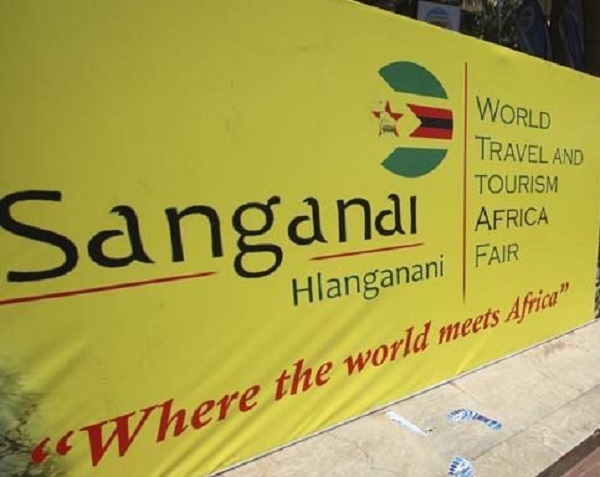


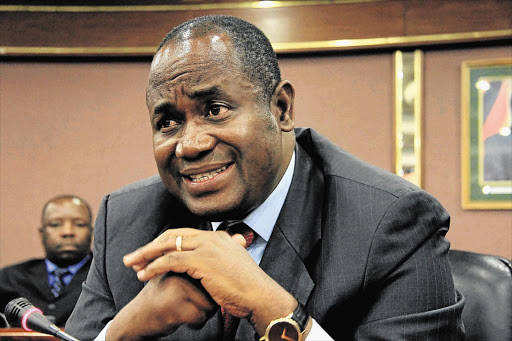

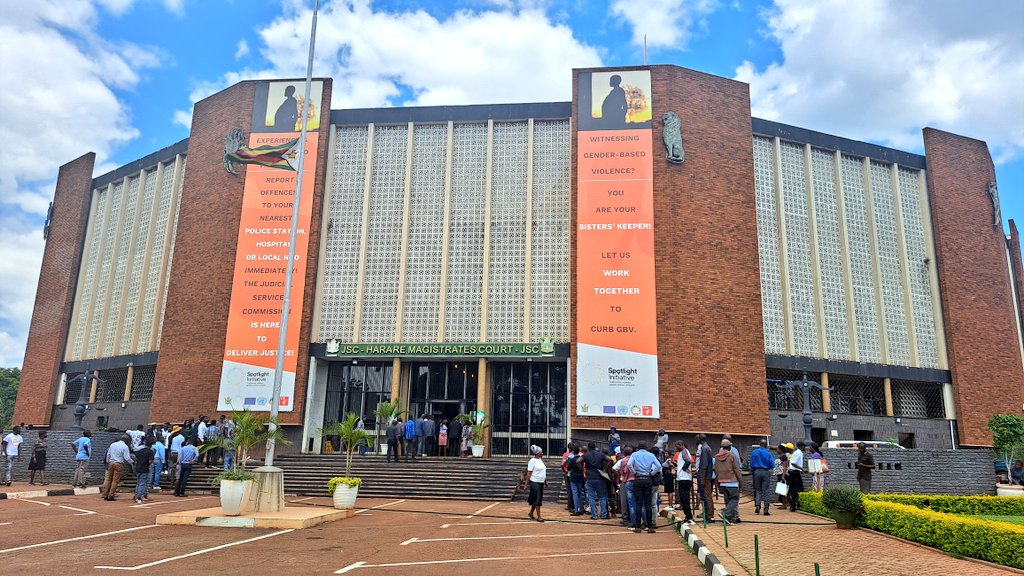
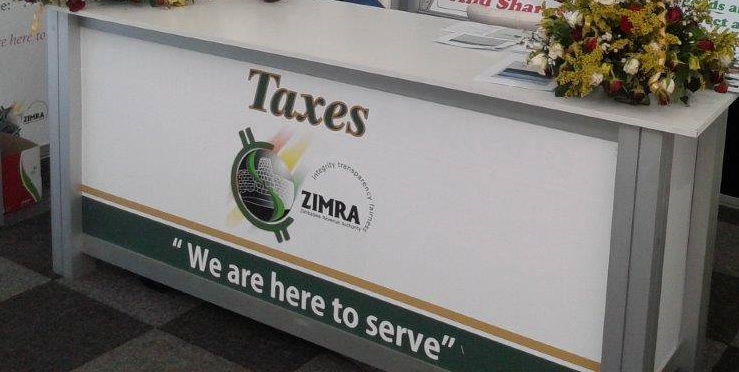
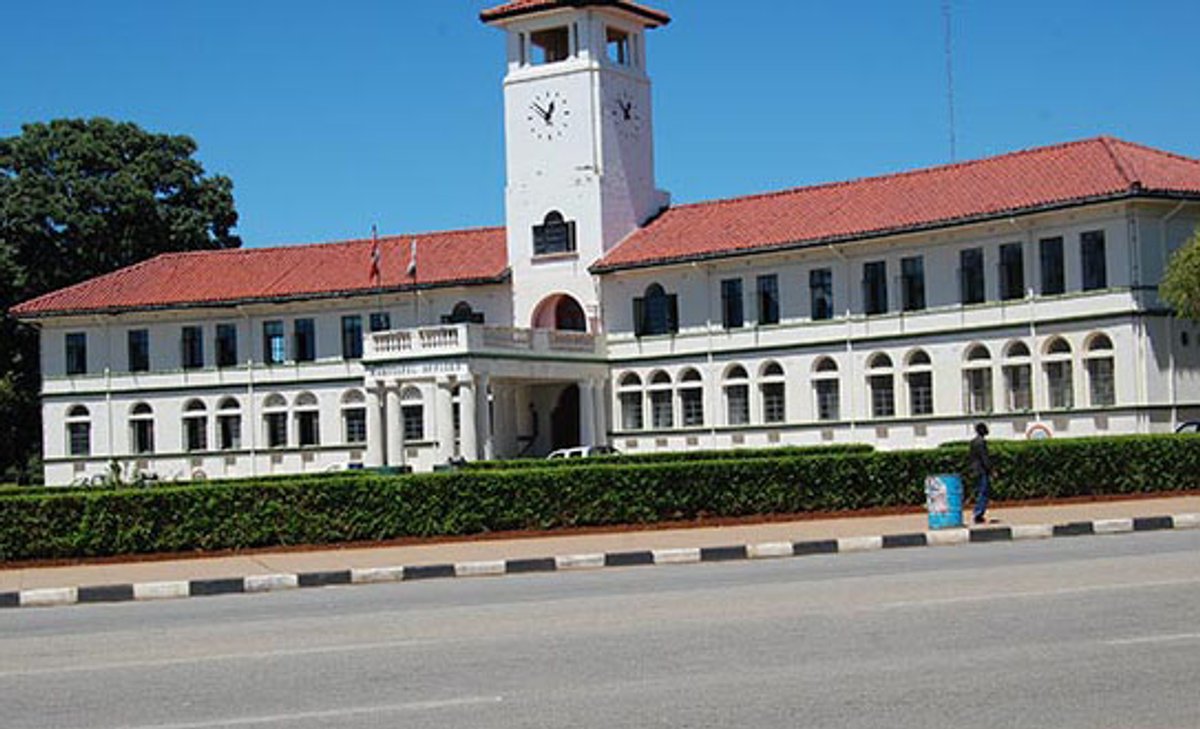

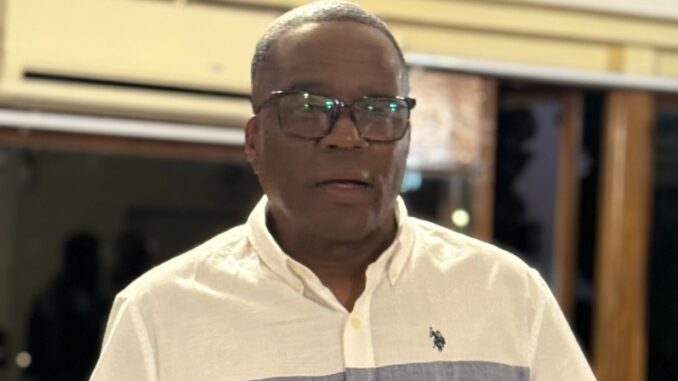

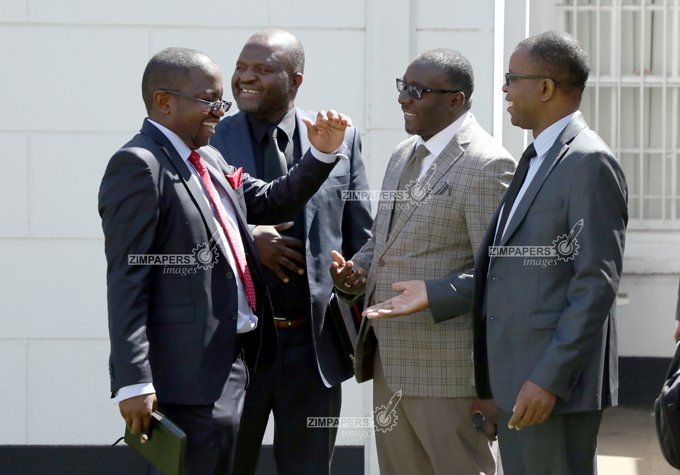
 Young Investment Professional (YIP) Graduate Programme 2019
Young Investment Professional (YIP) Graduate Programme 2019
Editor's Pick